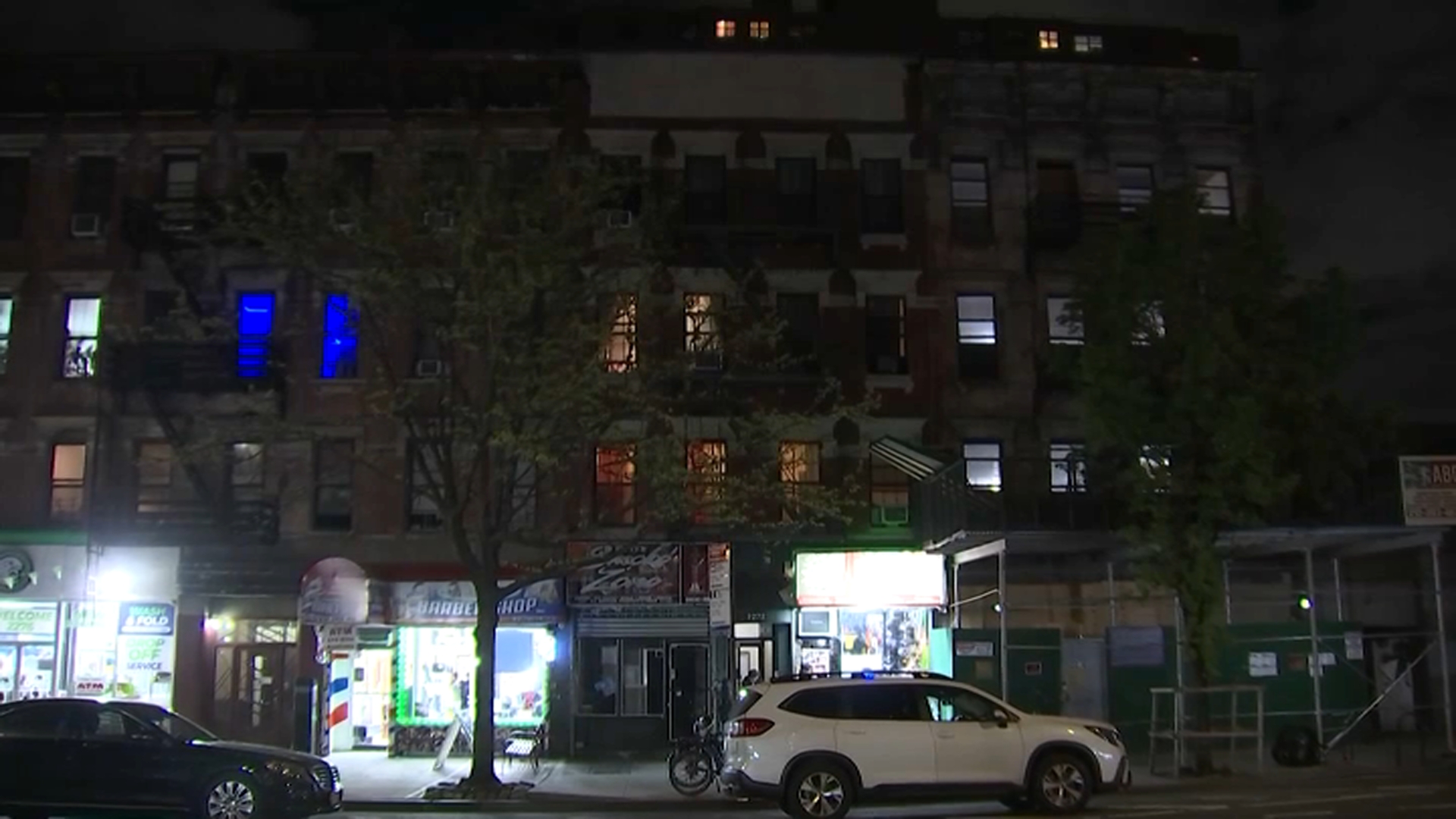The Federal Motor Carrier Safety Administration has not yet come up with mandatory requirements for trucking companies to deal with fatigued driving, despite several recent deadly truck crashes.
The National Transportation Safety Board has recommended that the FMCSA adopt a fatigue management program because it could cost "several hundred million dollars to train existing drivers and supervisors" and that the safety benefits can be "difficult to quantify."
A spokesperson for the Owner-Operator Independent Drivers Assocation told NBC 4 New York, "A fatigue management mandate would completely miss the root of a much larger problem regarding highway safety. Fatigue is not the only thing to consider. Lack of flexibility within the Hours of Service regulations is the larger problem combined with paying drivers only for miles driven."
And a spokesman for the American Trucking Associations said that "fatigue management programs can be an effective way of reducing driver fatigue and improving safety. Yet, the trucking industry is very diverse, so a blanket one-size, fits-all solution is not practical and would likely be ineffective."
But attorney Benedict Morelli, who represented actor Tracey Morgan and other passengers in a civil suit following a deadly crash, said, "People who drive the big rigs, whether they are 30 or 60 years old, everyone needs to rest. They are not robots."
Morelli said the driver of the Wal-Mart truck that rear-ended the van that Morgan and his friends were riding just "fell asleep."
According to the NTSB accident report, the crash was caused because the truck driver, Kevin Roper, was fatigued due to his "failure to obtain sleep before reporting for duty."
Local
The report revealed Roper had not slept in 28.5 hours, and that prior to starting his shift, he had commute from his home in Georgia and drove 800 miles.
"Being awake for 24 hours is just as dangerous as being legally drunk, and it impairs performance," said Dr. Charles Czeisler of Brigham and Women’s Hospital.
Currently, truck drivers can only work up to 14 hours and are required to be off the clock for 10 hours.



